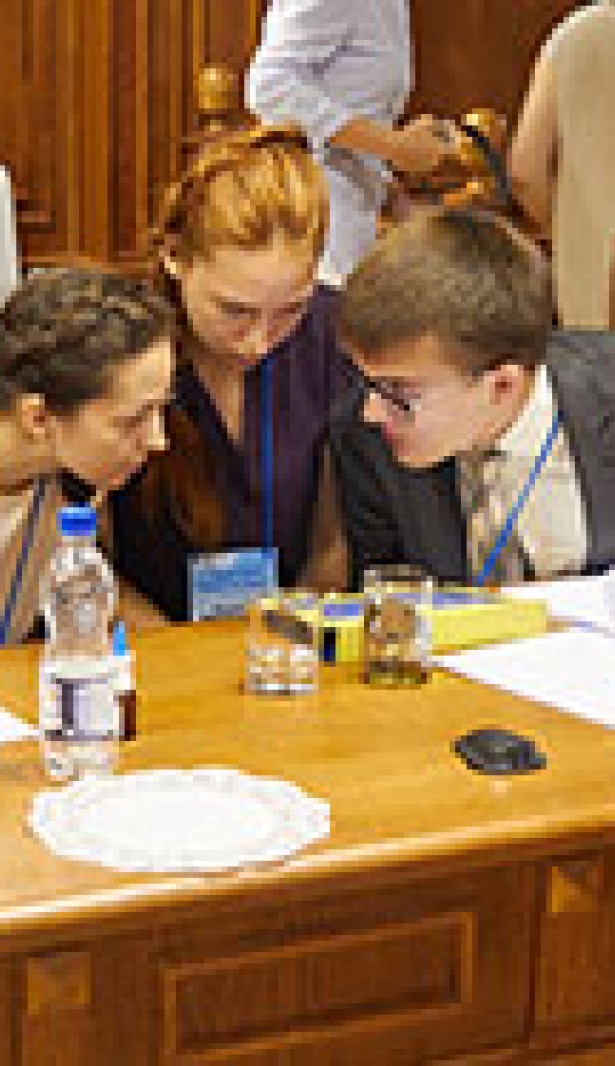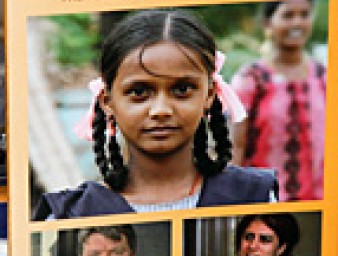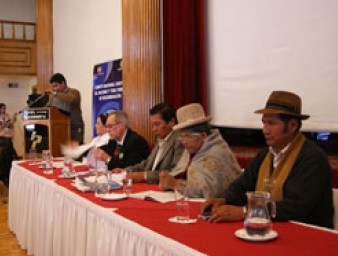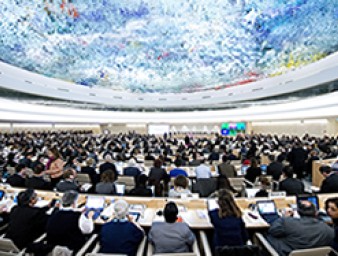All rise! The Moot Court is in session
15 July 2015
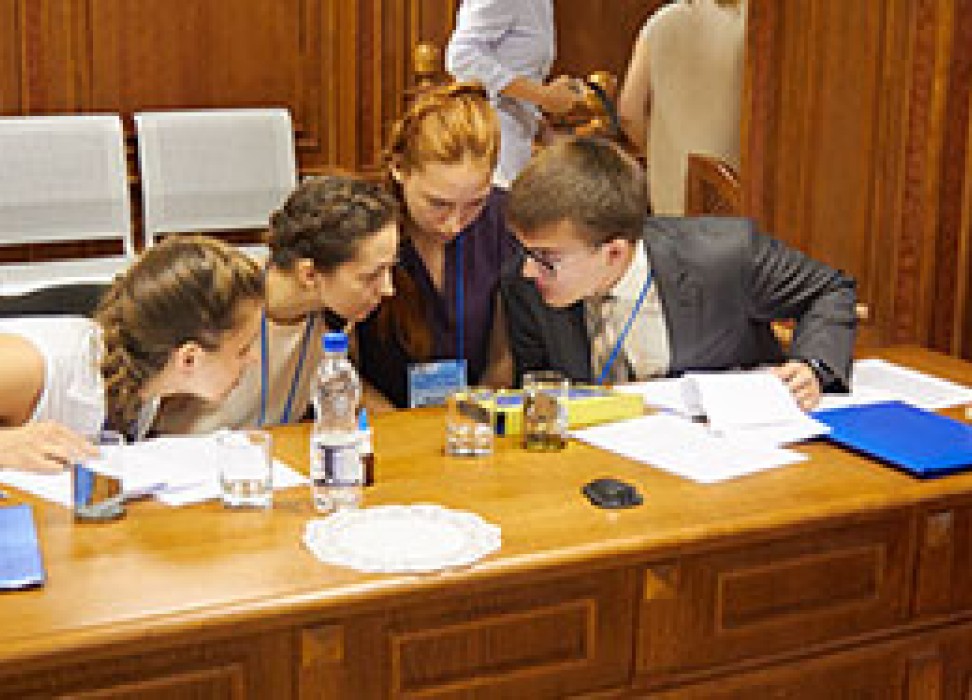
Twenty students and 10 human rights experts gathered in Kazan, Republic of Tatarstan, Russian Federation, to participate in the Moot Court Competition on the subject of the European Convention on Human Rights.
The competition was part of the third edition of the week-long Summer School on Economic, Social and Cultural Rights which has become an important feature of the cooperation between the UN Human Rights Office, the Ministry of Foreign Affairs of the Russian Federation and the Consortium of Russian universities representing the Human Rights Master Program. Further, the Kazan Moot Court is linked to the European Human Rights Moot Court Competition based in Strasbourg that is entering into its fourth year.
Five teams of students were given the opportunity to apply their theoretical knowledge to practical cases, and develop their legalist skills in a friendly competition. The Competition was based on a fictional case, scripted by experts from Strasbourg-based association Plaider les droits de l’homme (Pleading Human Rights) and the European Inter-University Centre for Human Rights and Democratization (EIUC), that dealt with violations of the rights to privacy, and freedom of expression and association.
The final round of the Moot Court was held in the premises of the Supreme Court of the Republic of Tatarstan. The two finalist teams played the roles of applicant and respondent in a mock-trial at the European Court of Human Rights (ECHR). International and national human rights experts and professors acted as the jury under the chairmanship of Professor Roman Wieruszewski, Director of the Poznan Human Rights Centre, former Member of the UN Human Rights Committee and an ad hoc Judge at the ECHR.
“Though the students looked really self-confident, at the same time they felt anxious. The most important thing during the competition was to hide your nervousness and produce a firm image of a team,” said the team captain Alexei Moiseev.
According to Manuela Brillat, Deputy Secretary General of Plaider les droits de l’homme and coordinator of the CEDH Moot Court in Strasbourg, “both teams were very committed and conscientious it was therefore not easy to choose a winner; the applicant team replied more to the point to the various questions asked by the jury.”
Leading Russian human rights activist and Head of Moscow Helsinki Group, Lyudmila Alexeyeva, welcomed the participants via video-link. “Social, economic and cultural rights of every citizen are equally important for us. Unfortunately, very often they are violated, especially now, when our country faces difficult economic situation,” she told them. “Each of you will acquire knowledge that will help you to protect these rights of every our citizen more efficiently, firmly and harder.”
The Moot Court brought this aspiration on target. Olga Vasilenko, the member of the winning team shared her impressions of the Competition: “This is a huge life experience, in particular with regard to the oral arguments we will face during our career. It is a very good thing indeed,” she said.
Building on the successful experience of summer schools in Moscow in 2011 and 2014, this year’s edition in the Republic of Tatarstan aimed for a wider professional and geographic coverage. More than 200 graduate, postgraduate and undergraduate students from 19 regions of the Russian Federation participated.
For a few days, they were able to interact with professors, UN experts, representatives of the Russian Ombudsman’s office NGO and INGO human rights practitioners, national and international experts gathering in Kazan in discussions on the practical applications of economic, social and cultural rights in the Russian context.
“The UN Human Rights field presence in Russia played a leading role together with national and international partners in developing the ECHR Moot Court competition and Human Rights Summer School”, said Ryszard Komenda, Senior Human Rights Adviser for the UN Human Rights Office in the Russian Federation.
“Human rights education is an important element of overall strategy for our Office, and the Moot court and Summer School bring most current practical knowledge of international human rights standards to Russian students and academia,” he added.
15 July 2015
